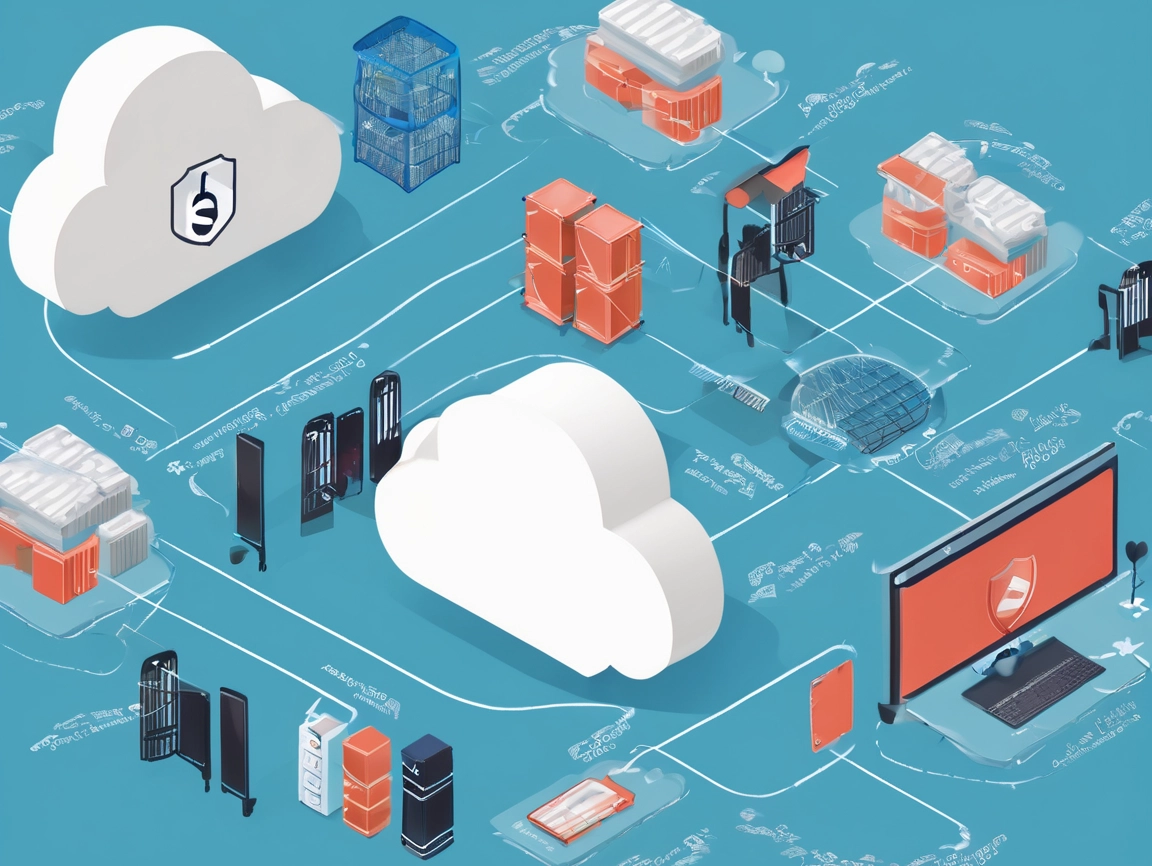Essential Strategies for Securing Azure ACI Cloud Containers
The first and foremost strategy for securing Azure ACI cloud containers is to adopt a least-privilege access model. By limiting permissions and access rights, organizations can minimize the risk of unauthorized access to sensitive data. Azure Active Directory (Azure AD) can be leveraged to manage identities and control access effectively. It’s vital to set up Role-Based Access Control (RBAC) to ensure that users only have the permissions necessary for their roles. For more details, check out Azure RBAC documentation.
Another essential strategy involves network security. Utilizing Virtual Network (VNet) integration can help secure your ACI workloads by ensuring that they operate within a protected network. Implementing Network Security Groups (NSGs) allows organizations to define rules that control incoming and outgoing traffic to their containers. Establishing private endpoints for services can further enhance security by ensuring that data doesn’t traverse the public internet. For guidance on VNet integration, refer to the Azure VNet documentation.
Regular security assessments and vulnerability scanning are mandatory to maintain a secure environment. Tools like Azure Security Center can automatically monitor your ACI instances for vulnerabilities and provide recommendations for remediation. Additionally, adopting a continuous integration and continuous deployment (CI/CD) pipeline can help automate security checks as part of the development lifecycle. Utilizing tools like Acr for image scanning can help identify and mitigate vulnerabilities before deployment.
Implementing Robust Policies and Monitoring Practices
Developing and implementing robust security policies is crucial to ensure consistent security measures across Azure ACI deployments. Organizations should establish a comprehensive security policy that outlines how containers will be managed, monitored, and secured. This can include guidelines on image sourcing, vulnerability management, and incident response. Resources like the CIS Docker Benchmark can provide best practices for securing container images and configurations.
Monitoring practices are equally vital for maintaining the security of Azure ACI. Leveraging Azure Monitor and Azure Log Analytics allows organizations to gather insights into container performance and security. These tools can help detect anomalies, log activities, and generate alerts based on specific security events. Configuring alerts for unusual behavior can enable quicker responses to potential threats. For more information on Azure Monitor, visit the Azure Monitor documentation.
Additionally, integrating compliance checks into the monitoring process can help ensure that your containerized applications adhere to industry standards and regulations. Tools like Azure Policy can enforce compliance by providing governance over your ACI instances. This not only helps in maintaining security postures but also mitigates risks related to regulatory violations. For more details, see the Azure Policy documentation.
In conclusion, securing cloud containers in Azure ACI requires a multi-faceted approach that includes adopting least-privilege access models, implementing network security measures, and establishing robust policies and monitoring practices. By focusing on these best practices, organizations can significantly reduce risks associated with containerized applications. As cloud adoption continues to grow, prioritizing container security will be essential to safeguarding sensitive data and maintaining compliance in an ever-evolving threat landscape.




